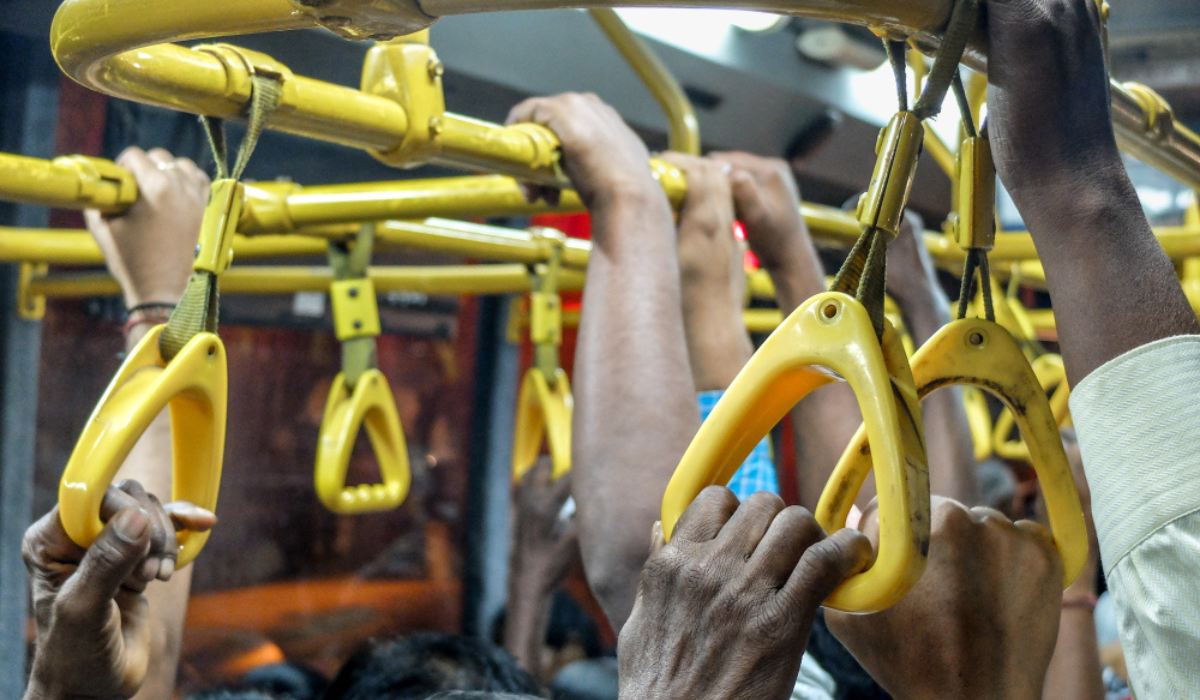August 17, 2023: The Cabinet on August 16 approved the PM-eBus Sewa for augmenting city bus operation by 10,000 e-buses on a public-private partnership (PPP) model. The scheme would have an estimated cost of Rs 57,613 crore. Of this, Rs 20,000 crore will be provided by the Central government. The scheme will support bus operations for 10 years.
The scheme will cover cities with a population of 3 lakh and above. Under the scheme, cities with no organised bus service will be given priority.
PM-eBus Sewa: Employment generation
The scheme will generate 45,000 to 55,000 direct jobs through deployment of around 10,000 buses in the city bus operation.
Components of PM-eBus Sewa
The scheme has two segments:
Segment A: Augmenting city bus services in 169 cities
The approved bus scheme will augment city bus operations with 10,000 e-buses on Public Private Partnership (PPP) model.
Associated infrastructure will provide support for development and up-grade of depot infrastructure; and creation of behind-the-meter power infrastructure (substation, etc.) for e-buses.
Segment B: Green urban mobility initiatives (GUMI) in 181 cities
The scheme envisages green initiatives like bus priority, infrastructure, multimodal interchange facilities, NCMC-based automated fare collection systems, charging infrastructure, etc.
Support for Operation: Under the scheme, cities will be responsible for running the bus services and making payments to the bus operators. The Central government will support these bus operations by providing subsidies to the extent specified in the scheme.
Boost to e-Mobility
- The scheme will promote e-mobility and provide full support for behind-the-meter power infrastructure.
- Cities will also be supported for development of charging infrastructure under green urban mobility initiatives.
- The support to bus priority infrastructure shall not only accelerate the proliferation of state-of-the-art, energy efficient electric buses but also foster the innovation in the e-mobility sector as well as development of resilient supply chain for electric vehicles.
- This scheme shall also bring in economies of scale for procurement of electric buses through aggregation for e-buses.
- Adoption to electric mobility will reduce noise and air pollution and curb carbon emission.

An alumna of the Indian Institute of Mass Communication, Dhenkanal, Sunita Mishra brings over 16 years of expertise to the fields of legal matters, financial insights, and property market trends. Recognised for her ability to elucidate complex topics, her articles serve as a go-to resource for home buyers navigating intricate subjects. Through her extensive career, she has been associated with esteemed organisations like the Financial Express, Hindustan Times, Network18, All India Radio, and Business Standard.
In addition to her professional accomplishments, Sunita holds an MA degree in Sanskrit, with a specialisation in Indian Philosophy, from Delhi University. Outside of her work schedule, she likes to unwind by practising Yoga, and pursues her passion for travel.
sunita.mishra@proptiger.com












